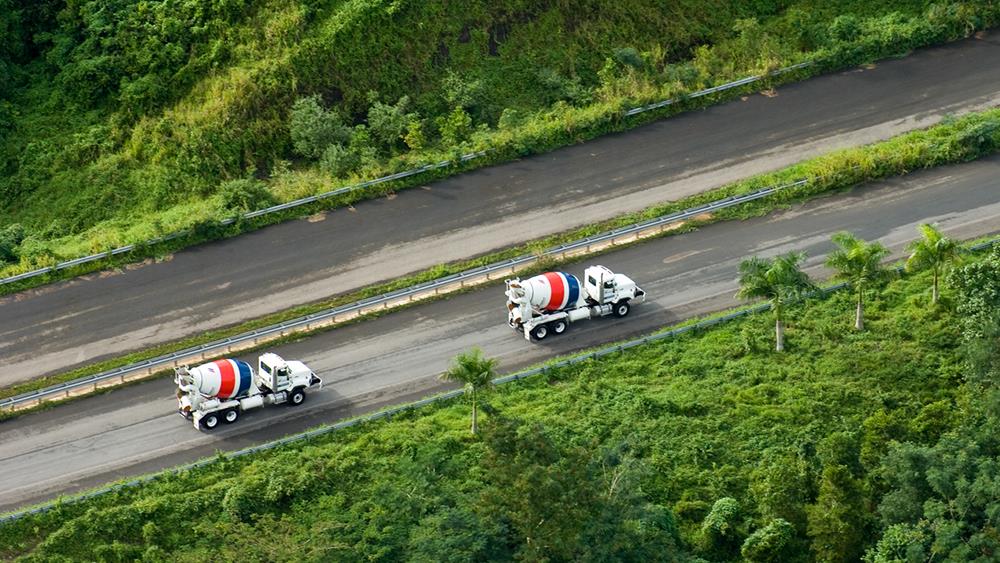

CEMEX has announced a new Climate Action strategy outlining the company´s vision towards a carbon-neutral economy.
In a statement the company said that it believes that climate change is one of the biggest challenges of our time and support the urgency of collective action.
As a result of its efforts to date, it claims to have reduced its net specific CO2 emissions by more than 22% compared to its 1990 baseline.
It is now committing to a more ambitious target of a 35% reduction of net specific CO2 emissions by 2030. This new goal is aligned with the Science-Based Targets methodology, a requirement climate science says is necessary to meet the goals of the Paris Agreement.
To complement this strategy with a longer-term vision, CEMEX is also establishing a new ambition to deliver net-zero CO2 concrete by 2050.
The company says it believes concrete - its end product - "has a key role to play in the transition to a carbon-neutral economy, and is an essential component in the development of climate-smart urban projects, sustainable buildings, and resilient infrastructure".
The cement industry as a whole creates up to 8% of worldwide man-made emissions of this gas, while concrete has a marked impact on the environment throughout its life time, potentially contributing to flooding and soil erosion.
To fulfill its new strategy, CEMEX has detailed a CO2 roadmap to accelerate the roll-out of proven technologies in all of its facilities, including investing in energy efficiency, using alternative fuels, expanding the use of renewable energy, and increasing the substitution of clinker with alternative cementitious materials.
CEMEX sees its net-zero CO2 concrete aspiration for 2050 as setting it on a path of "open innovation that requires strategic partnerships and cross-industry collaboration in the development of breakthrough technologies like carbon capture, utilization, and storage; novel clinkers with low heat consumption, alternative decarbonated raw materials, carbonation of concrete waste for use as recycled aggregates, and the promotion of circular economy models that transform waste into fuel."
CEMEX currently consumes, either as alternative fuel or alternative raw material, 32 times more waste from other industries than the waste it generates and sends to landfill.